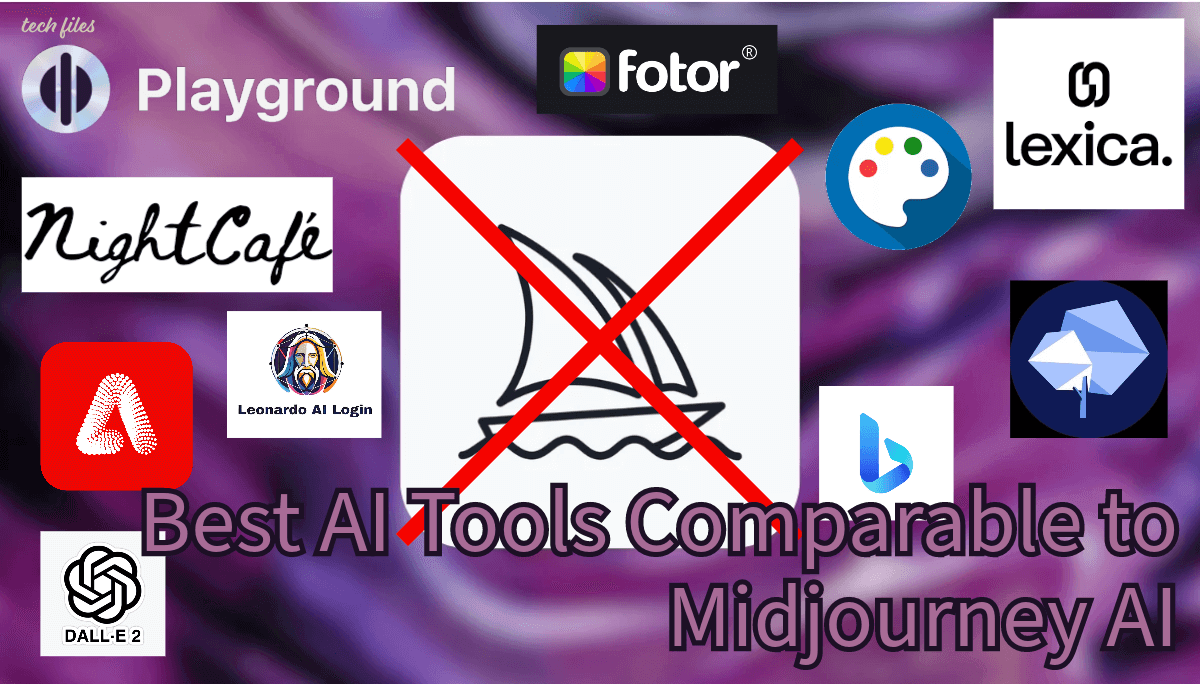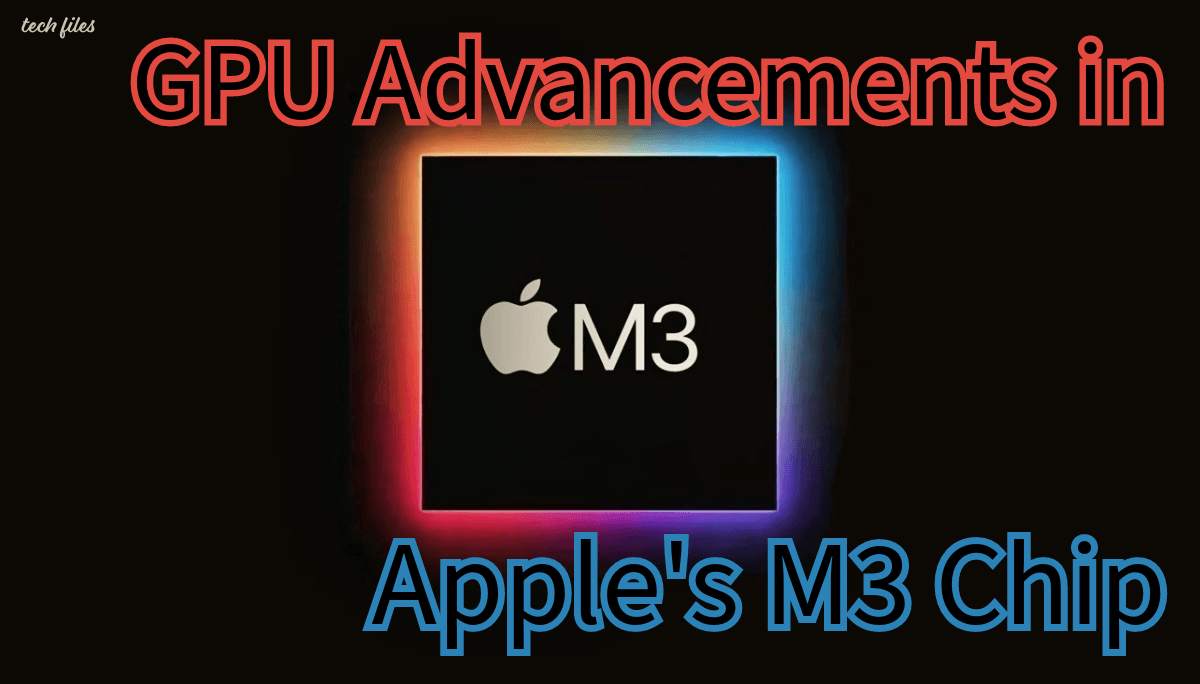Exploring the Boundaries: The Role of Predicate Logic in AI Knowledge Representation

In the realm of Artificial Intelligence (AI), knowledge representation is a crucial aspect that allows machines to understand and reason about the world. One powerful tool in this domain is predicate logic. Predicate logic provides a formal framework for representing knowledge and expressing relationships between entities. This article delves into the depths of predicate logic, exploring its basic concepts, examples in AI applications, advantages, limitations, alternative approaches, real-world applications, and future prospects.
Understanding the Basics of Predicate Logic
Predicate logic, also known as first-order logic, is an extension of propositional logic that introduces variables, quantifiers, and predicates. It provides a more expressive language to represent complex relationships between objects and their properties. In predicate logic, statements are formed using predicates, which represent properties or relationships, and variables, which stand for individuals or objects. Quantifiers, such as “forall” (∀) and “exists” (∃), are used to express statements about all or some objects in a domain.
For example, consider the statement “All cats are mammals.” In predicate logic, we can represent this as “forall x, if x is a cat, then x is a mammal.” Here, the variable “x” ranges over all objects in the domain, and the predicates “is a cat” and “is a mammal” describe the properties of the objects.
Examples of Predicate Logic in AI
Predicate logic finds extensive applications in AI knowledge representation. One notable example is the use of predicate logic in expert systems, which are designed to mimic human expertise in specific domains. Expert systems utilize predicate logic to represent knowledge about the domain, including facts, rules, and relationships. This allows the system to reason and make intelligent decisions based on the available information.
For instance, in a medical diagnosis expert system, predicate logic can represent symptoms, diseases, and their relationships. By applying logical rules and inference mechanisms, the system can infer the most probable diagnosis given the observed symptoms.
Advantages of Predicate Logic in AI Knowledge Representation
Predicate logic offers several advantages in AI knowledge representation. First and foremost, it provides a formal and rigorous framework for representing knowledge. The syntax and semantics of predicate logic are well-defined, enabling precise reasoning and deduction. This makes it easier to design and implement AI systems that can process and manipulate knowledge effectively.
Furthermore, predicate logic allows for efficient querying and retrieval of information. With the help of logical inference mechanisms, AI systems can derive new knowledge from existing facts and rules. This ability to derive implicit knowledge is crucial in various AI applications, such as natural language processing, information retrieval, and intelligent decision-making.
Additionally, predicate logic supports modularity and reusability. Knowledge can be structured into independent modules, each representing a specific aspect of the domain. This modular approach facilitates system maintenance, updates, and scalability, as individual modules can be modified or replaced without affecting the entire system.
Limitations of Predicate Logic in AI Knowledge Representation
While predicate logic brings significant benefits, it also has limitations in AI knowledge representation. One limitation stems from its inability to handle uncertainty and vagueness. Predicate logic assumes that knowledge is deterministic and exact, which may not reflect the real-world scenarios where uncertainty and ambiguity are prevalent. AI systems often need to reason with incomplete or uncertain information, which predicate logic alone cannot address.
Another limitation lies in the scalability of predicate logic-based representations. As the knowledge base grows larger and more complex, the computational cost of reasoning and inference increases exponentially. This scalability issue hampers the performance of AI systems, especially when dealing with large-scale domains or real-time applications.
Alternative Approaches to Knowledge Representation in AI
To overcome the limitations of predicate logic, researchers have explored alternative approaches to knowledge representation in AI. One such approach is the use of probabilistic graphical models, such as Bayesian networks and Markov networks. These models allow for probabilistic reasoning, enabling AI systems to handle uncertain and probabilistic knowledge effectively.
Another alternative approach is the utilization of ontologies and semantic networks. Ontologies provide a structured representation of knowledge, capturing the hierarchical relationships between concepts and properties. Semantic networks, on the other hand, represent knowledge as a network of interconnected nodes, each denoting a concept or relationship. These approaches enhance the ability of AI systems to reason and infer meaning from the represented knowledge.
Combining Predicate Logic with Other Knowledge Representation Methods
Rather than solely relying on predicate logic or alternative approaches, researchers have explored the benefits of combining multiple knowledge representation methods. By integrating different formalisms, AI systems can leverage the strengths of each approach and mitigate their respective weaknesses.
For instance, researchers have proposed hybrid knowledge representation frameworks that combine predicate logic with probabilistic graphical models. This integration allows for reasoning under uncertainty while preserving the logical structure of the knowledge. Similarly, the combination of predicate logic with ontologies or semantic networks enables AI systems to represent both structured and unstructured knowledge, enhancing their reasoning capabilities.
Real-World Applications of Predicate Logic in AI
Predicate logic has found numerous applications in real-world AI systems. One notable application is in natural language processing, where predicate logic-based representations facilitate language understanding and semantic analysis. By mapping sentences and phrases to logical formulas, AI systems can extract meaning, infer relationships, and answer complex queries.
Another application domain is intelligent tutoring systems, where predicate logic is used to represent knowledge about the subject matter and student performance. By modeling the domain-specific concepts, rules, and relationships, these systems can provide personalized feedback, generate exercises, and assist learners in acquiring knowledge effectively.
Future Prospects and Developments in Predicate Logic and AI Knowledge Representation
Looking ahead, the field of predicate logic and AI knowledge representation holds promising prospects for further development and advancements. Researchers are actively exploring techniques to enhance the scalability and efficiency of predicate logic-based reasoning. This includes the development of optimized algorithms, parallel processing, and distributed computing approaches.
Furthermore, efforts are being made to address the challenges of handling uncertainty and vagueness in predicate logic. Researchers are investigating extensions to predicate logic, such as fuzzy logic and modal logic, which can handle imprecise or subjective information more effectively. These extensions aim to bridge the gap between logical reasoning and real-world uncertainties.
Conclusion
Predicate logic plays a vital role in AI knowledge representation, providing a powerful framework for expressing relationships between objects and their properties. It offers advantages such as formalism, efficient querying, and modularity, while also facing limitations in handling uncertainty and scalability. Researchers have explored alternative approaches and hybrid frameworks to address these limitations, and predicate logic continues to find applications in various real-world AI systems. As the field progresses, advancements in scalability, uncertainty handling, and integration with other formalisms are paving the way for more intelligent and sophisticated AI knowledge representation systems.
Call to Action:
To delve deeper into the world of AI knowledge representation and explore the vast possibilities of predicate logic, visit our website and join our community of AI enthusiasts. Stay updated with the latest advancements, research papers, and practical implementations in this exciting field. Together, let’s push the boundaries of AI knowledge representation and shape the future of intelligent systems.













Sharing is caring!